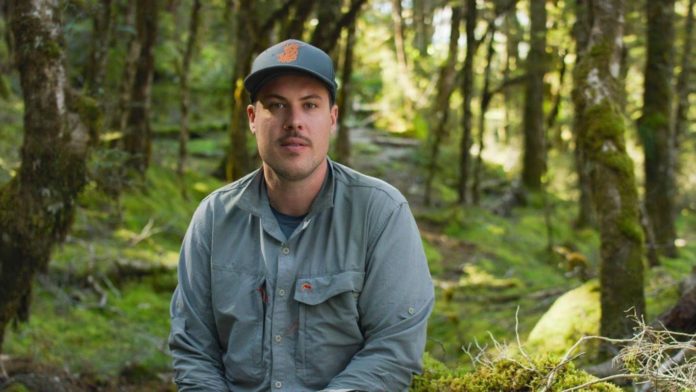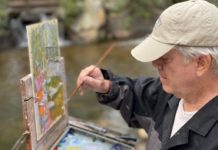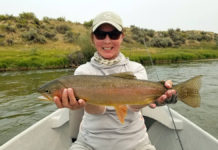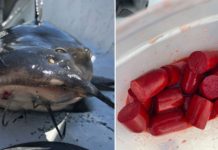SUPPLIED
Matt Butler started Kea Outdoors after Covid-19 put a stop to his work as a fly-fishing guide.
Matt Butler is a man on a mission – to arm “weekend warriors” with the best gear available.
Based in Wanaka, Butler was 29 years old and working as a fly-fishing guide when the world went into Covid-19 lockdown.
Although the pandemic put his plans to spend his off-season in Central and South America on hold, it was a “blessing in disguise,” the intrepid entrepreneur said.
“I’d always planned to do the guiding until I was 30 and then move on to something else, but it’s hard to think of what to do when you don’t have to.
READ MORE:
* Fly-fishing guide turns Covid-19 downtime into new outdoor survival kit attracting backers on US crowdfunding platform Kickstarter
* A mountain mission like no other deep in the Kahurangi National Park
* Massive pest control op on Perth Valley declared a success
“When Covid hit, it really forced me to stop and think and come up with a plan.”
SUPPLIED
Butler’s latest creation, the Kea Stash, is a compactible rubbish bag for outdoor adventurers.
Frustrated with the disorganised jumble of safety and survival items in the bottom of his pack, the keen outdoorsman decided to do something about it.
The result was the Kea Kit, an outdoor survival pack with more than 30 items organised into five separate modules in a 1.8 kilogram small, water-resistant case.
The kits were pitched at the premium end of the market and attracted plenty of interest, as well as about $300,000 in backing through a Kickstarter crowdfunding campaign.
Despite the inevitable Covid-related hiccups, including factory closures and shipping delays, the kits were delivered to customers around the world in February.
Fuelled by his initial success, Butler set his sights on another gap in the outdoor market – rubbish removal.
Although he admitted it wasn’t “the sexiest subject”, that meant the issue hadn’t been tackled by existing outdoor gear makers.
“Brands like Patagonia and The North Face have been around for a really long time, but nobody has dealt with trash, which is a real issue for anyone who spends time in the outdoors.
SUPPLIED
Leak-proof and smell-proof, the Stash could have many uses, Butler says.
“Current options haven’t evolved from the standard plastic or zip-lock bags. These tend to break, leak, smell and do nothing to reduce bulk.”
Butler’s solution to the problem was the Kea Stash, a dry-bag crossed with a zip-lock bag which he said does both jobs much better.
The bag has a leak-proof inner liner and large zip-seal, so nothing can escape or leak. Rubbish can also be compacted by rolling the bag up from the bottom and using compression straps to shrink the bulk even further.
During his own testing, Butler discovered the design could have many other applications, including use as a food bag, emergency water bag, dry bag or even a bear bag.
Chris McKeen/Stuff
Ex-British Army officer Richard Margesson found solace and healing when he walked the Te Araroa trail while suffering from PTSD. (Video first published November 2019)
The straps and aluminium hooks allow the bag, which is available in two sizes, to be attached to almost anything and even hung in a tree away from wildlife.
A second Kickstarter campaign has so far raised more than $60,000 to help produce and market the Stash, with preorders coming from adventurers in more than 20 countries.
Looking back, Butler said he learnt some important lessons while developing and producing the Kea Kit and had applied those to his work on the Stash.
“I learnt that everything takes a long time. A production-based business is very different to a service business, like the guiding was.
“There’s a lot of time spent in R&D [research and development] and then there were problems and delays with manufacturing and shipping.
“You have make sure you leave enough leeway for things to go wrong – because they do – and no matter how hard you push, you can only do so much.”
With interest in the Kea Outdoors range continuing to grow, Butler is already working on several other products to be produced alongside the Stash and due for delivery early next year.
Credit: Source link































